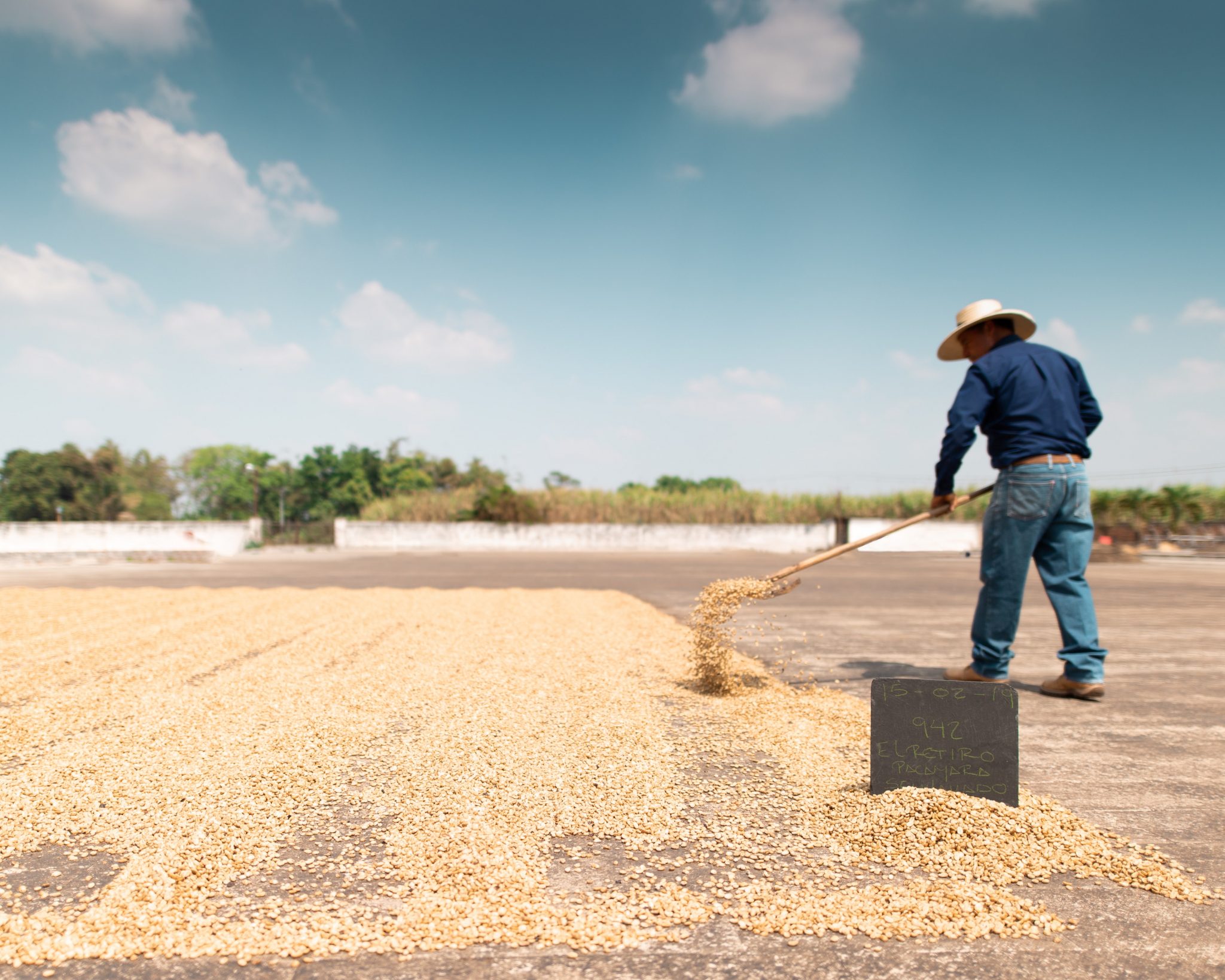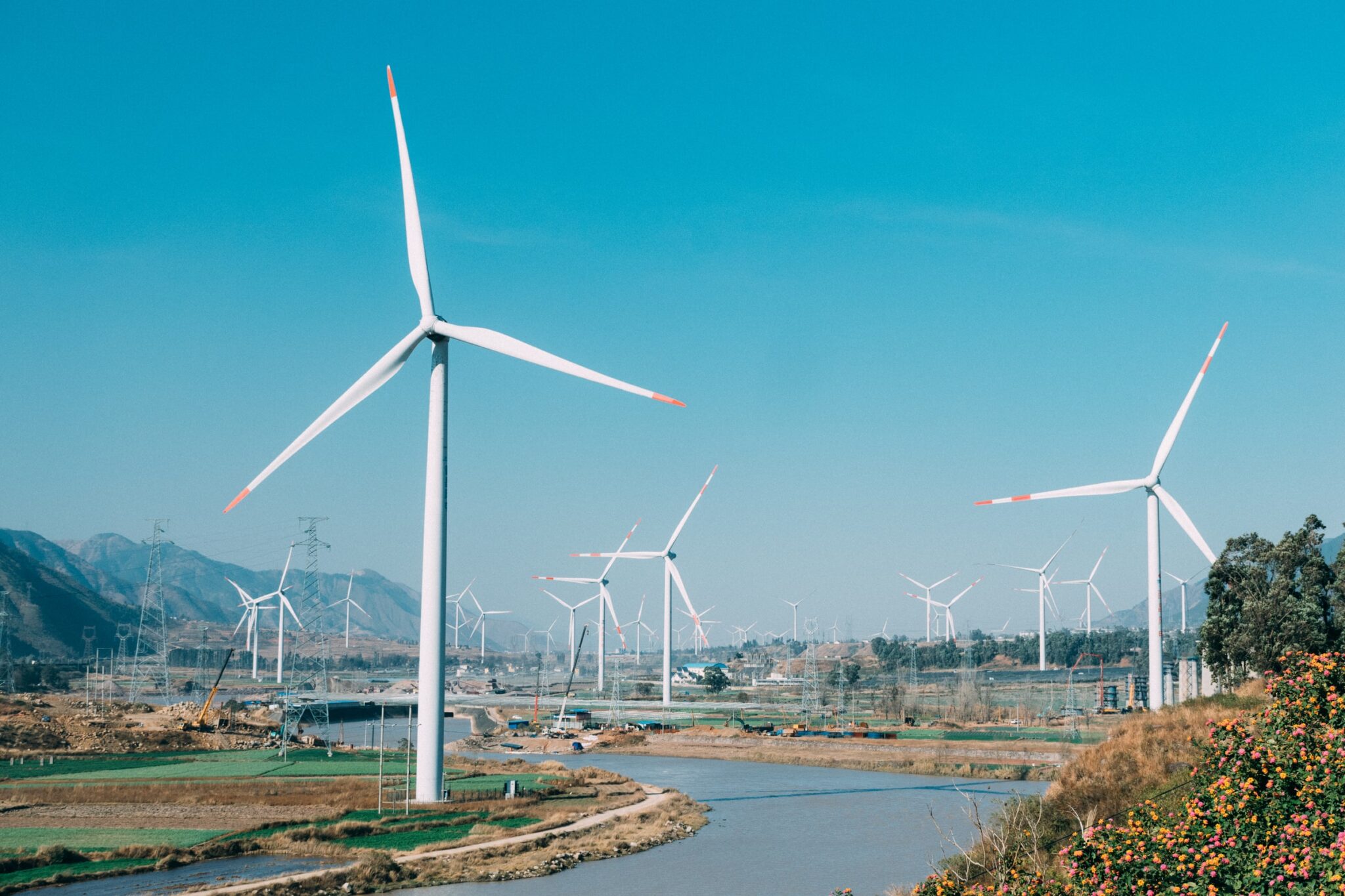Do you want to become a green coffee trader? Whether or not you have experience, this article will guide you through the process of landing a job if you’re thinking of starting a career in green coffee trading.
Coffee Trading Entry Jobs
Whether at the largest coffee trading houses or a regional boutique coffee importer, almost all Juniors and Trainees enter the industry as Lab Interns or assistants.
RELATED: The World’s Best Specialty Coffee Traders & Importers (Green Coffee)
The same applies to green coffee sales or green coffee buyer roles.
This reflects the key importance of understanding “coffee quality” to the role of a coffee professional.
If you want to enter the industry, be prepare to intern at a coffee quality lab for a couple months.
Green Coffee Jobs With Barista Background
Many baristas are trained in coffee quality in some way or another. Some will be latte art champions while some will actually be good at understanding coffee profiles and origins.
If you’re a barista, we would recommend you to try contact your roaster or its green coffee importers to help and intern in their coffee lab.
As a barista, it’s possible to enter the green coffee trading industry, but it will require some time in the lab.
Green Coffee Jobs As A Graduate
If you just graduated college, and have little to no experience in cafes/barista roles, you’re gonna have a harder time with the local importers and traders.
We would say your best choice lies in contacting the bigger traders who might need “graduates without experience”. Alternatively, try getting some experience first, even as a volunteer, in an origin operation.
For example, travel to origin on your own (say Brazil, Colombia, Indonesia, Kenya…) and find someone you can help (bigger farmers, millers or exporters who need some foreign help in the lab).
Being at origin will certainly come very handy later on in your career.
Green Coffee Jobs As A Professional
As a professional, your appeal as a potential employee will be very subjective to your background.
If you come from a classical IB (Investment Banking) or Trading background, you’ll probably struggle to find a good connection with the smaller trading houses.
Whatever background you have, the most important thing will be to LOVE coffee.
Whether you come from a logistics or operations background, or even from a front office role in a trading house, you’ll need the love for the product to be able to fit in this industry.
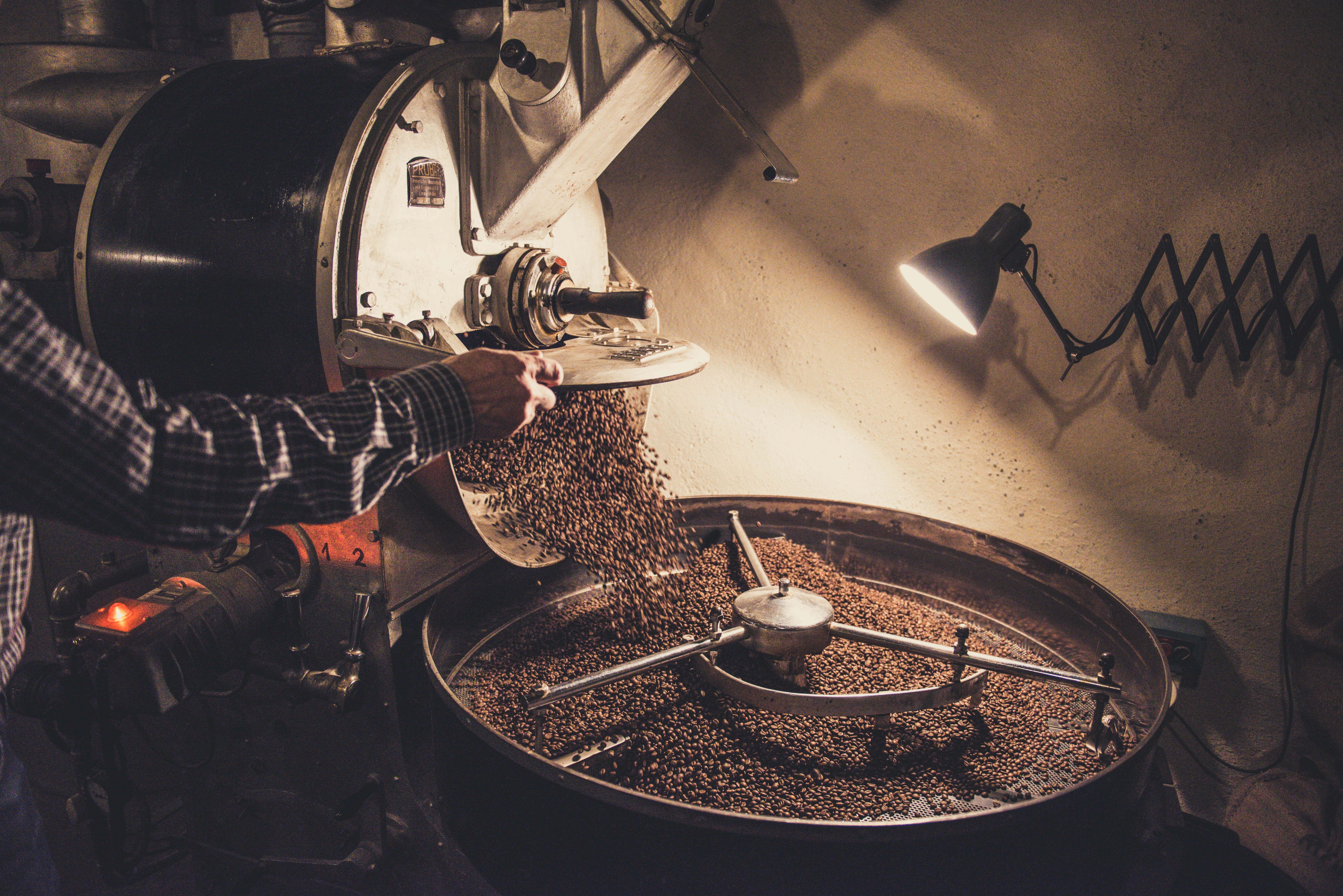
Roasted vs Green Coffee
Coffee is traded as a commodity before the final roasters such as Starbucks, Nestle, or Illy buy it and roast it.
Thus, in the context of trading, coffee is traded as green coffee.
What’s important here is that we’re talking about the raw material, the green coffee.
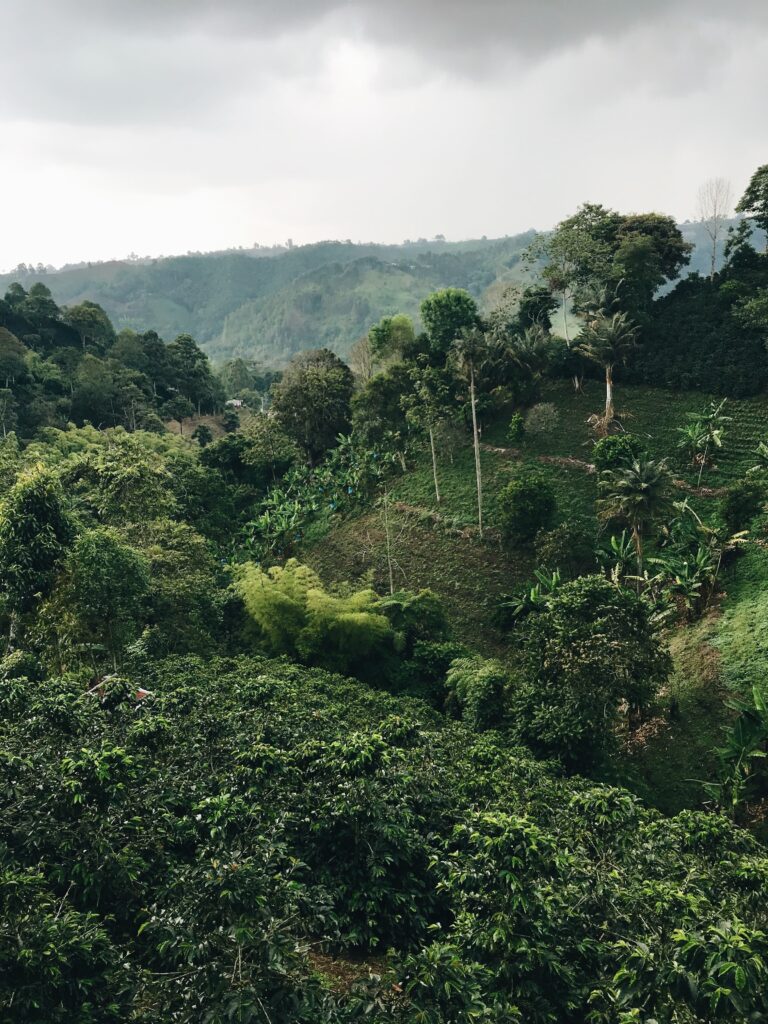
Green Coffee Industry Overview
Dry Mills, Origin Traders, & Exporters
At origin, whether Colombia, Panama, Ecuador, or PNG, there are a number of traders and exporters who are primarily responsible for finding local coffee and getting it export-ready. Such traders and exporters will mostly deal in parchment and finally, some will export the green coffee.
International Green Coffee Traders
This is the classical trading house spot, where big guys compete in the markets. Whether NKG, Olam, Volcafe or Sucafina, you can expect to focus on the PNL, ie position size, risk management, M2M, AR Risk, etc. Quality will usually be done by the quality department, not by traders.
Importers
Coffee consumption is global, thus there are coffee importers virtually everywhere. Coffee importers usually are mostly net buyers and then re-sell to local accounts, while they take the logistics and quality risk from export to import (maritime shipment) level.
Big Industrial Buyers (Roasters)
Big roasters like Mondelez, Nestle, or Starbucks operate in a mixed fashion. They resemble Importers, as they usually sell to their subsidiaries and occasionally “trade” to square-off positions and potentially just small spec positions.
Smaller Roasters
Smaller/Medium sized roasters usually will have one or more dedicated green coffee buyers, with a quality team. They are net buyers and will thus be mostly focused on sourcing green beans that fit their coffee portfolio.
Specialty Importers/Roasters
Within the world of coffee trading, specialty importers are a different breed. Specialty buying is more focused on quality and profile than anywhere else. The emphasis on price, position, and risk is a second, less important aspect. Here the main buyer is generally also the main cupper, or at least a very good cupper.
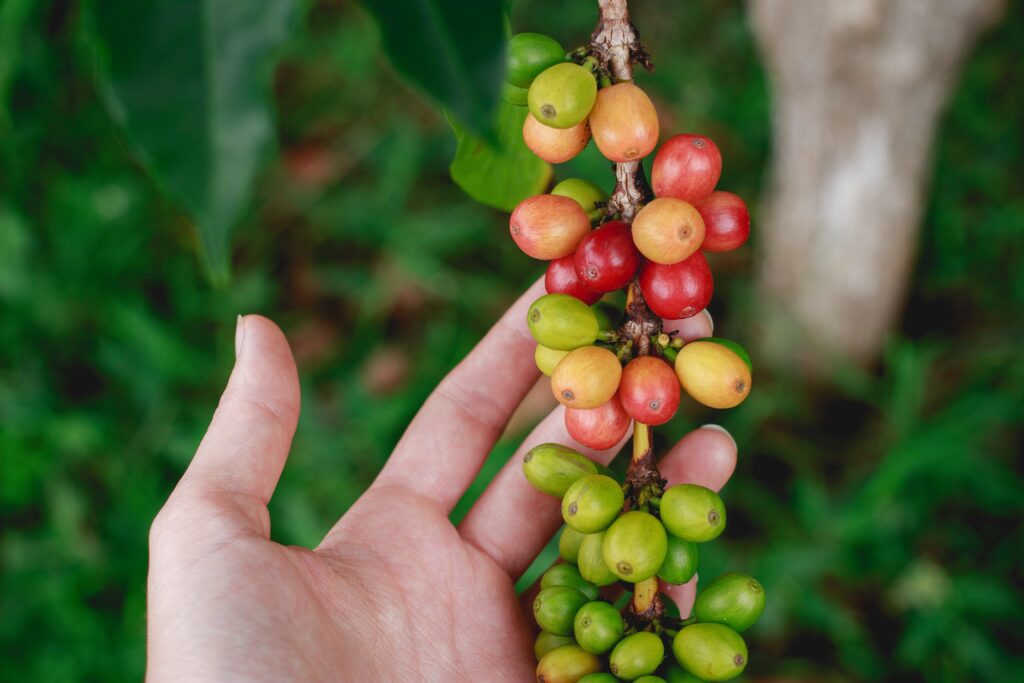
Types of Coffee
Parchment Coffee vs Green Milled Coffee
In the commodity trading sense, international traders buy & sell green milled coffee.
However, at origin (think of Guatemala, Vietnam, or , there are traders who source the coffee and trade it as “parchment” coffee, which means just before milling.
Commercial Coffee
Most of the world’s coffee is traded as commercial or commodity coffee. This means that it’s a rather simple product, that can be easily sourced and substituted, as well as commands a relatively low price.
Specialty Coffee
There’s also specialty coffee, the tasty beverage you can find in the higher-end cafes. These coffees are a lot more delicate, usually prepared as filter coffee, and command higher prices.
Instant Coffee
The world drinks very large amount of instant coffee, and in some cases there are specific traders for that market.
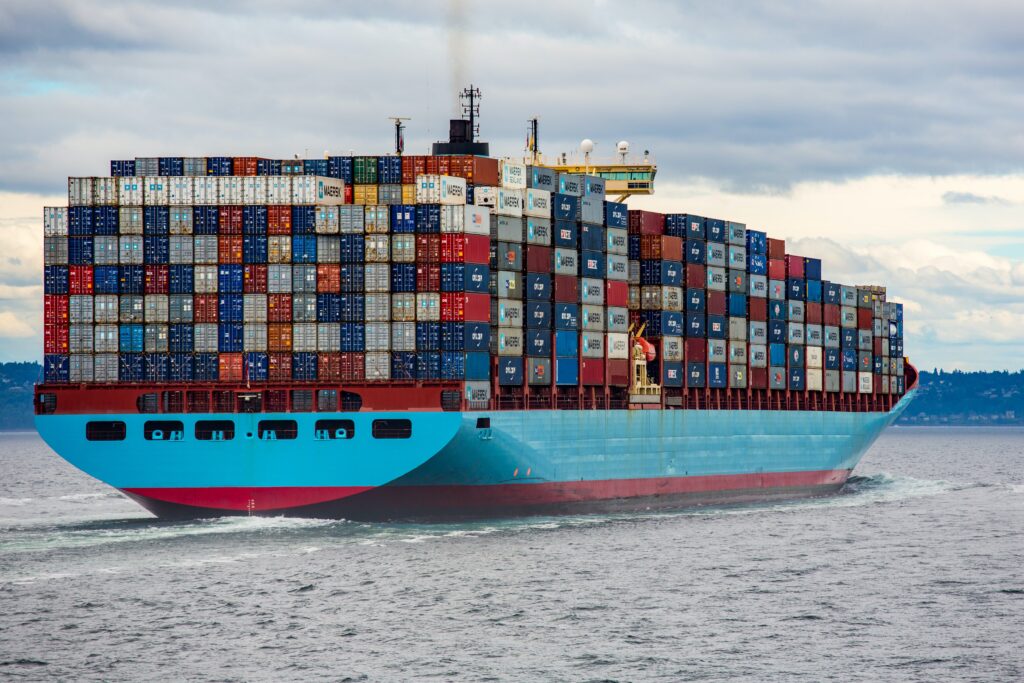
Main Green Coffee Trading Hubs
Green coffee trading occurs pretty much anywhere but in the commodity trading sense.
There are three types of countries you can expect to find green coffee trading jobs.
- Origin / Producing Countries
For example: Kenya, Colombia, Guatemala, Brazil, Vietnam. - Commodity Trading Hubs
Switzerland, London, Hamburg, NYC - Destination Markets
EU (Germany, NL, Italy), USA, Canada, Japan, Nordics, Australia…
Green Coffee Trading Companies
There are a number of large international companies trading green coffee.
The largest are Neumann Kaffee Gruppe (NKG), Ecom Trading, Olam, Mercon, Volcafe, and Sucafina.
Related: Who Moves The Coffee Markets? Meet The World’s Largest Green Coffee Traders
Keep Learning
The internet is full of fantastic resources to further learn about coffee trading.
- The Coffee Exporter’s Guide
The absolute best resource to learn about coffee markets. - Importance of an Importer – with Jean Heylen
Interview/podcast with the founder of 32Cup. - Stephen Hurst, Mercanta Coffee
Interview/podcast with one of the specialty coffee pioneers.




